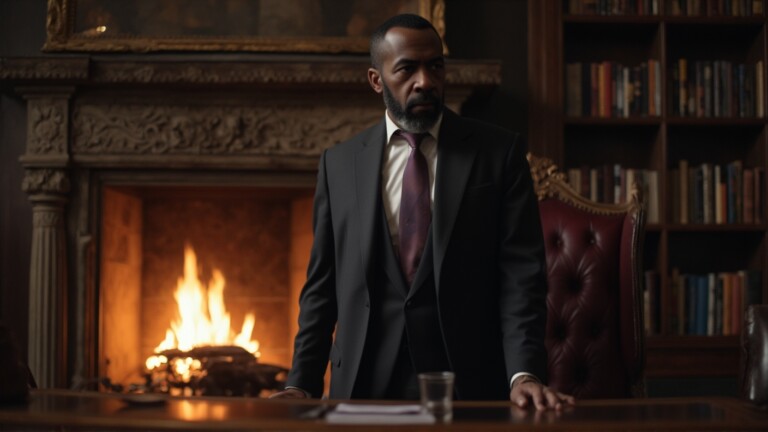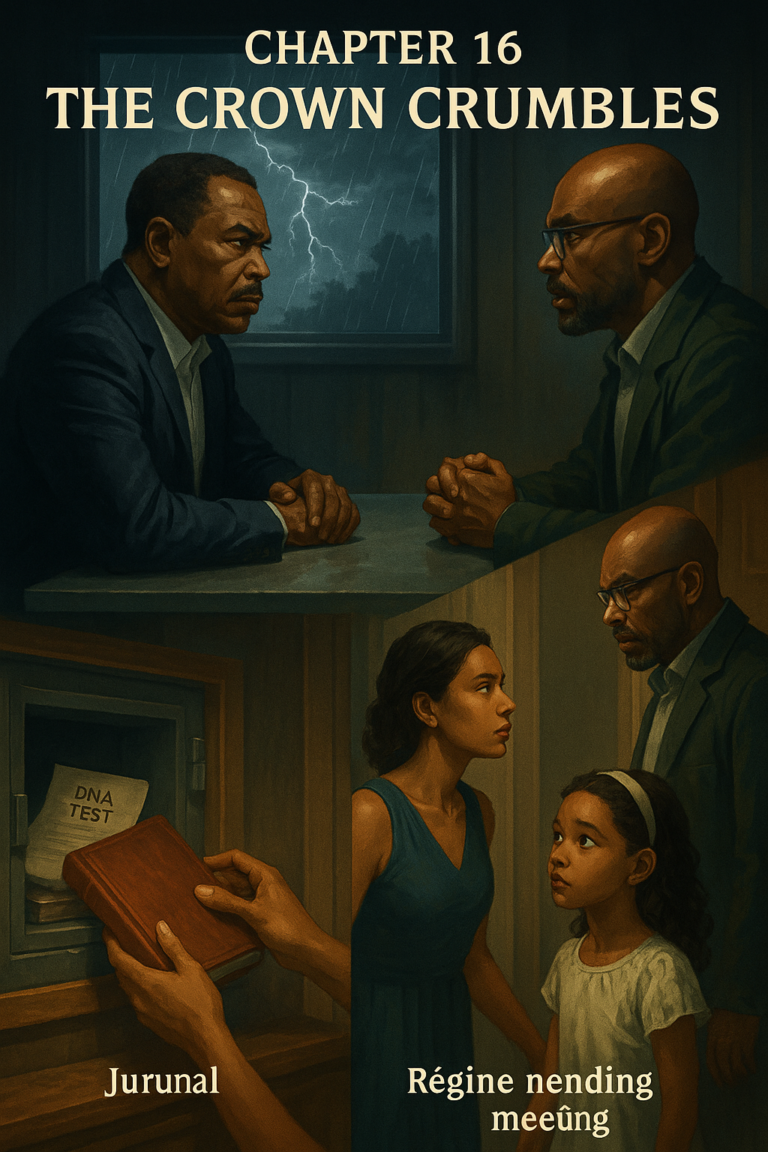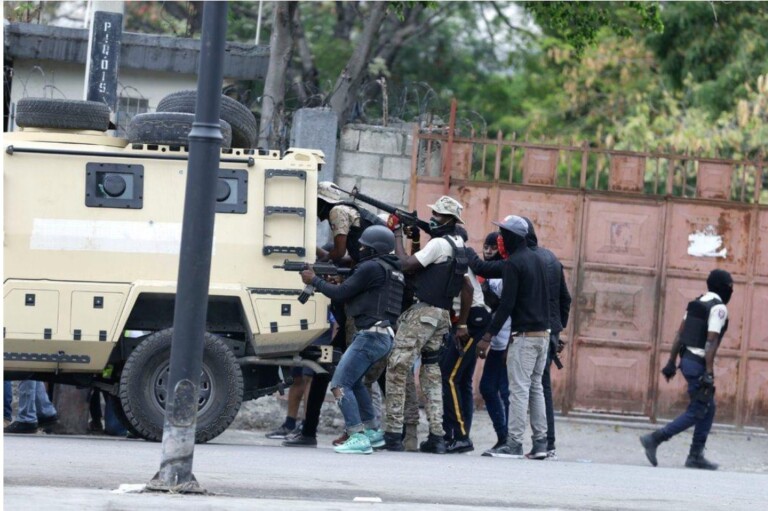In Season 1, Episode 2 of The Figaro Family Secrets / Legacy, titled “Cracks in the Façade,”...
Community
On May 18th, Haitians across the globe stand tall beneath a flag that is more than just...
Description: Step inside the golden world of The Figaro Legacy, where power, privilege, and secrets collide behind...
Rain lashed against the glass windows of the Figaro estate, mimicking the storm that now raged within...
From the ashes of slavery, a revolution was born. In 1804, Haiti shattered the unthinkable—it became the...
The echoes of Robert Figaro’s arrest hadn’t even faded before the media frenzy turned Port-au-Prince into a...
Alors qu’Haïti sombre davantage dans une crise sécuritaire d’une ampleur historique, les autorités locales sont devenues les...
Dimwen.com Mission Statement:“Express Yourself, Let Your Thoughts Be Heard”At Dimwen.com, our mission is to empower individuals by...
History has shown us that dictators do not rise to power overnight—they manipulate, deceive, and slowly erode...
Apartheid in South Africa and racial segregation in the United States represent two of the most egregious...













